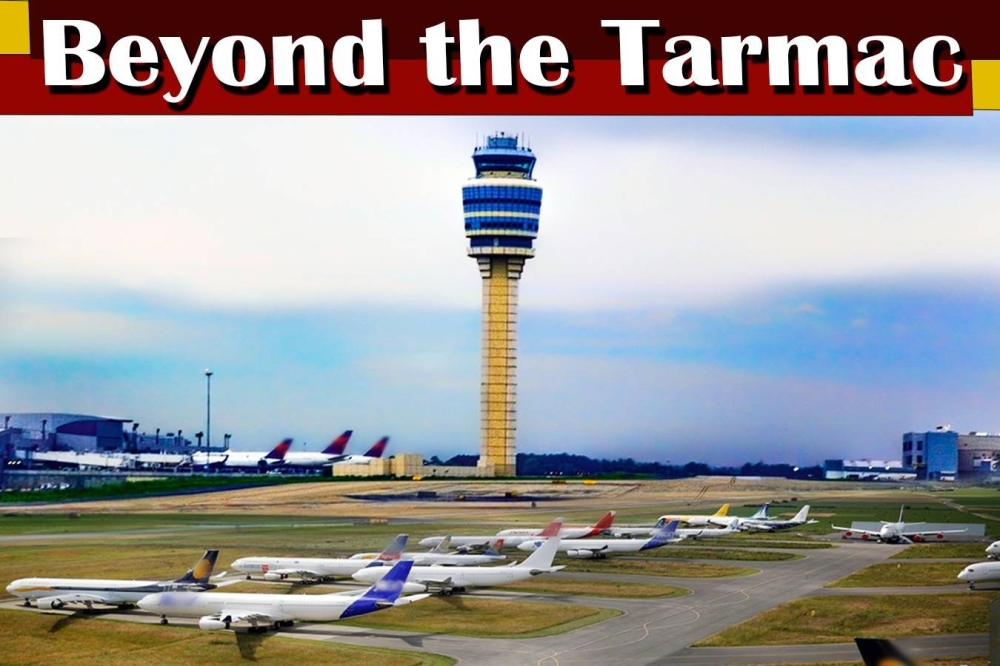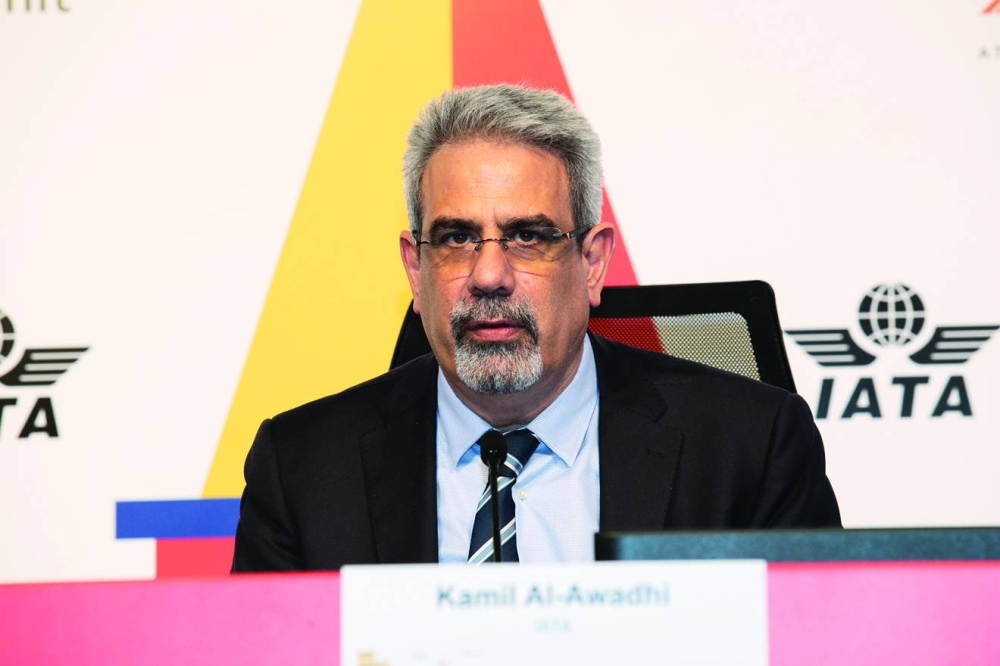
In a recent interview with Gulf Times in Istanbul, IATA regional vice-president Kamil al-Awadhi said GCC carriers are badly affected as they cover the region extensively, Africa in particular.
He cited the example of Nigeria, which has blocked a massive $812mn, funds which foreign airlines are eligible for.
“It is the most amount blocked by any single African country. This having a negative socio-economic impact on Nigeria,” al-Awadhi noted.
Because of blocked funds, Nigeria now faces reduction of airlines capacity, connectivity, higher ticket price, negative perception about the country’s overall business environment, discouraging investors into the Nigerian economy and impact on foreign direct investments
“In view of these, many Nigerian travel agencies have downed their shutters,” noted al-Awadhi, the former CEO of Kuwait Airways.
Cash flow is key for airlines’ business sustainability - when airlines are unable to repatriate their funds, it severely impedes their operations and limits the number of markets they can serve.
He noted the consequences of reduced air connectivity include the erosion of that country’s competitiveness, diminished investor confidence and reputational harm caused by a perception that it is a high-risk place to do business.
Strong connectivity is an economic enabler and generates considerable economic and social benefits.
Globally, the top five countries account for 68% of blocked funds. Besides, Nigeria, the countries in the list are; Bangladesh ($214.1mn), Algeria ($196.3mn), Pakistan ($188.2mn) and Lebanon ($141.2mn).
International Air Transport Association (IATA), the global body of more than 300 member airlines, urged governments to abide by international agreements and treaty obligations to enable airlines to repatriate these funds arising from the sale of tickets, cargo space, and other activities.
Airlines incur unnecessary costs when they are unable to repatriate their overseas sales funds, freely or in a time-bound manner, industry analysts say.
Typically, such costs occur when airlines' funds are forced to sit idle in foreign bank accounts as a result of foreign exchange shortages or regulatory obstacles put in place by certain governments.
By blocking airline funds from ticket sales, various countries are depriving the aviation industry of the much-needed cash, in contravention of bilateral agreements and global standards.
Holding back money belonging to airlines also discourages other carriers from serving the particular market, thereby reducing connectivity and options for passengers.
For airlines, this can lead to cash flow problems, reduced profitability, operational difficulties, reduced investment and reputation damage.
Blocked funds can cause significant cash flow problems for airlines, as they may not be able to access funds that are owed to them. This can impact their ability to pay for fuel, salaries, and other essential expenses, which could ultimately lead to financial difficulties and even bankruptcy.
When funds are blocked, airlines may have to accept lower profits or even losses on their international routes. This is because they may be forced to sell tickets in local currency and then hold onto that currency until they can access it, which can result in exchange rate losses.
These can also make it difficult for airlines to operate effectively. For example, they may be unable to pay their suppliers or service providers, which could impact their ability to maintain their aircraft, provide in-flight services, or even pay for landing fees and other airport charges.
Trapped funds can discourage airlines from investing in new routes or expanding their operations in certain countries. This can limit the growth potential of airlines and may lead to missed business opportunities.
IATA Director General Willie Walsh said: “Airlines cannot continue to offer services in markets where they are unable to repatriate the revenues arising from their commercial activities in those markets. Governments need to work with industry to resolve this situation so airlines can continue to provide the connectivity that is vital to driving economic activity and job creation.”
Al-Awadhi insisted that blocked funds was a major issue that airlines encountered, particularly in the Middle East and North Africa region.
“I will be visiting some of the African countries this month and hope to meet authorities there. I wish to press them on releasing funds to airlines. Among them are GCC carriers who are badly hit because of funds blocked.
“Covid-19 has decimated the airline industry, one of the worst crises hitting the industry in a century. Post-pandemic, airlines are trying to build up. Every penny counts now. We, therefore, call on governments to prioritise aviation in the access to foreign exchange on the basis that air connectivity is a vital key economic catalyst for the country,” al-Awadhi noted.


